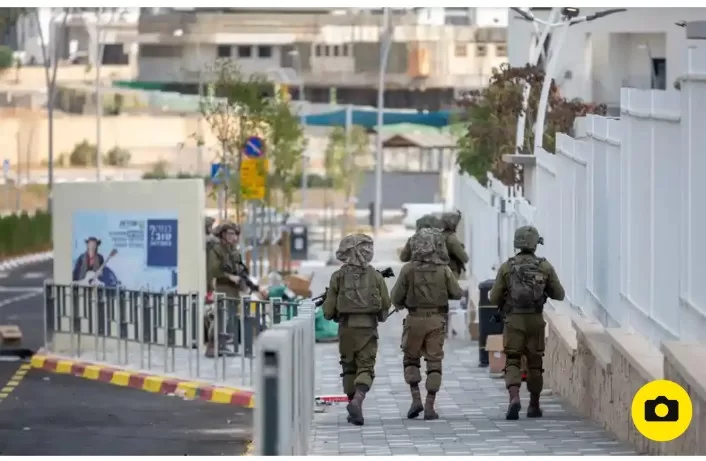In an unfolding international crisis, a senior United States politician, Michael McCaul, Chairman of the US House Foreign Affairs Committee, revealed that Egypt had issued an official warning to Israel three days prior to the devastating cross-border assault by Hamas. McCaul disclosed this information following a classified intelligence briefing to senior members of Congress. The exact level at which this warning was communicated remains unclear.
The surprise attack by Hamas, in which over 1,500 fighters breached the Gaza border, claimed the lives of more than 1,200 Israeli civilians attending a music festival and residing in kibbutzim near the border. Israel’s response was delayed, and it took several hours before they could effectively counter the assault.
Previously, Israel’s Prime Minister, Benjamin Netanyahu, vehemently denied receiving any advance warning from Egypt, dismissing these claims as “fake news.” This denial came after initial reports of a warning from Egypt surfaced. An unnamed Egyptian official, speaking to the Associated Press, indicated that Egypt had been in communication with Israeli authorities about “something big” but suggested that Israel had downplayed the threat from Gaza. The official also conveyed that Egypt had warned of an impending explosion of the situation.
Despite official denials and Israeli skepticism, Michael McCaul expressed confidence in the existence of some form of warning. He noted that the planning for the attack might have been underway for up to a year without detection by Israel or its allies. This catastrophic event has been described as the deadliest day for Jews since the Holocaust.
Experts have pointed out that Hamas likely achieved surprise by avoiding electronic surveillance and signals intelligence through a deliberate abandonment of electronic devices or signatures. Furthermore, it is suggested that Israel’s overreliance on technology systems to defend its borders played a role in their failure to anticipate the attack.
Sir Alex Younger, a former head of MI6, likened Israel’s failure to a “failure of imagination,” similar to the lead-up to the 9/11 attacks. He emphasized the need to interpret data differently and look at it from a different perspective, highlighting that Israel had deployed a significant portion of its military forces in the West Bank rather than focusing on the south.
As the situation continues to escalate, Israeli retaliatory strikes on Gaza have resulted in significant casualties and displacement among Palestinians. Experts caution that a full-scale ground invasion by Israel may not lead to the desired outcome and could further intensify the conflict.
This unfolding crisis highlights the complex geopolitical landscape in the Middle East and the challenges faced by nations in anticipating and responding to security threats.






